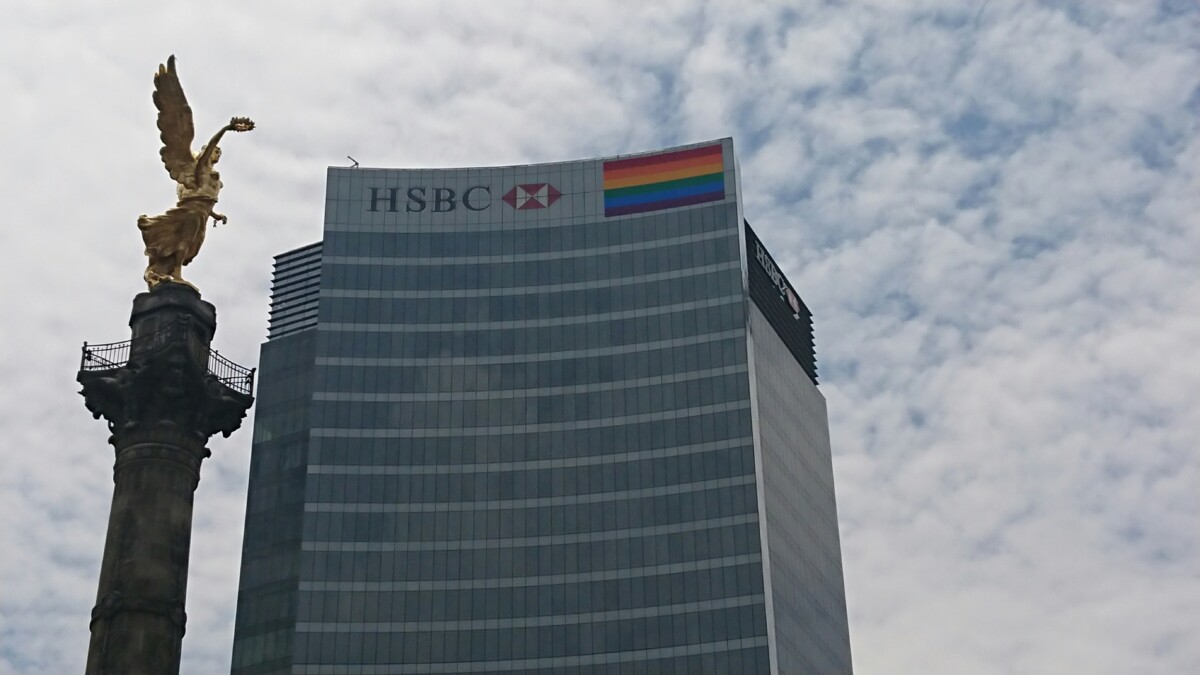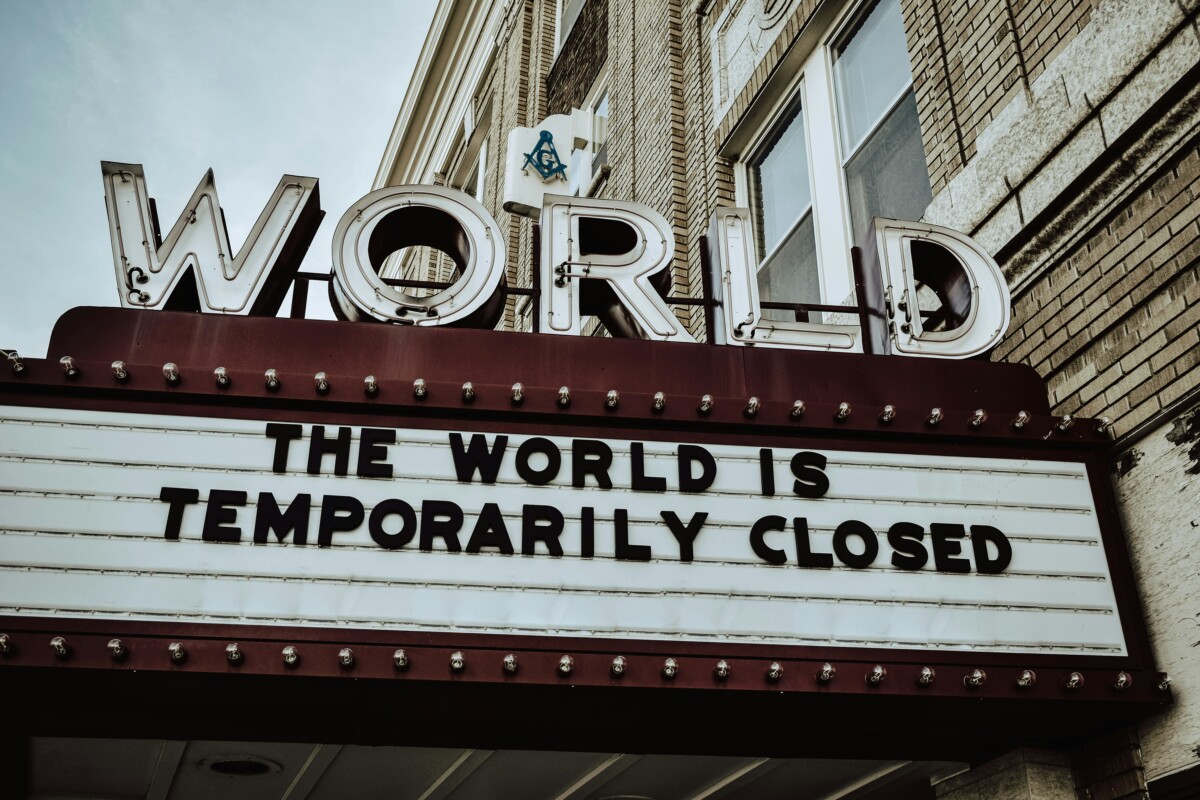Mining’s Social License: Why Community Trust is the Key to Sustainable Resource Extraction
Listen to the full podcast episode on YouTube, Spotify, and Apple Podcasts.
Without Community Buy-In, There Is No Mine
A mining project isn’t just shaped by geology, technology, and financing. If local communities don’t support it, opposition can lead to delays, legal challenges, or outright project failure.
Lucy’s experience working in early-stage mineral exploration across Africa highlighted this first-hand. “In Morocco, Ethiopia, and Madagascar, I saw how little local communities were told about what was happening on their land,” she explained.
“We’d turn up with GPS devices and rock hammers, and people would assume mining was about to start immediately. But in reality, exploration can take decades before anything materialises.”
This lack of communication breeds fear and resistance. The same dynamic plays out closer to home, even in the UK, where Cornish Lithium is developing a domestic lithium supply chain. “When people hear ‘mining,’ they picture vast open pits, pollution, and destruction,” Lucy noted. “But today’s mining methods—like extracting lithium from geothermal waters—are far less intrusive. The challenge is helping people understand that.”
However, facts alone won’t change public perception.
“You can’t just tell communities, ‘Trust us, it’ll be fine.’ You have to show, consistently, that you’re engaging with them in good faith and that they will see tangible benefits.”

Going Beyond Compliance: Building Real Relationships
Regulations require public consultations, but ticking the legal boxes isn’t enough. “Regulation ensures a baseline, but it doesn’t create trust,” Lucy pointed out. “For that, you need ongoing, meaningful engagement.”
Cornish Lithium has taken an unusually proactive approach, opening up its work to the public long before commercial production begins. “We’re not mining yet, but we’ve already published three years of sustainability reports,” Lucy said.
“We host community open days, exhibitions, and site visits so people can see the process for themselves.”
Another key factor is local presence. Many large-scale mining operations are run by executives based thousands of miles away. In contrast, Cornish Lithium’s team lives and works in Cornwall. “We have to get this right because we’ll be the ones facing our neighbours in the pub,” Lucy said. “It’s not just a project—it’s our community too.”
The Consequences of Ignoring Community Trust
Mining projects that fail to secure community support often face financial and reputational risks. Across the world, projects worth billions have been delayed or cancelled due to public opposition.
“Even if a government issues a mining license, that doesn’t mean a project will move forward smoothly,” Lucy warned.
“Without local buy-in, you’ll run into roadblocks at every stage.”
The challenge is particularly acute in regions like the UK and Europe, where people are wary of new mining developments, even as governments push for greater domestic production of critical minerals. “Right now, most lithium comes from overseas, often with little transparency over environmental and social standards,” Lucy said.
“If we want a responsible, homegrown supply, we need to make sure communities see the benefits of having these projects on their doorstep.”

Rethinking the Benefits Model for Local Communities
Historically, mining towns experienced boom-and-bust cycles—thriving while extraction lasted, then declining when operations ceased. Lucy believes this model needs to change. She said;
“Mining shouldn’t be a short-term gain for a few—it should provide long-term benefits for local communities.”
This could mean:
- Investing in education and skills training so that workers can transition into new jobs when mining operations end.
- Developing local infrastructure that benefits businesses and residents beyond the mining sector.
- Ensuring revenues support regional development, rather than just corporate profits.
For Cornish Lithium, this means thinking beyond raw material extraction. “If we can establish a full battery supply chain in the UK, we’re not just taking lithium out of the ground—we’re creating lasting economic value,” Lucy explained.
A New Approach to Responsible Mining
Mining companies that want to survive in the modern era must prioritise trust and transparency as much as technical expertise. Lucy’s insights offer a clear roadmap for how responsible mining can be done right:
✔ Start engagement early – Don’t wait for resistance to emerge; build trust from day one.
✔ Go beyond regulatory requirements – A social license isn’t about compliance; it’s about relationships.
✔ Ensure long-term community benefits – Profits should translate into lasting local improvements.
✔ Be locally accountable – Companies should have a presence in the communities they impact.
“If we want a truly sustainable future, we need to think about where materials come from, not just the finished products we use,” Lucy concluded.
“Mining doesn’t have to be destructive—it can be done in a way that creates long-term value for both the environment and society.”
Sponsored by...
truMRK: Communications You Can Trust
👉 Learn how truMRK helps organisations strengthen the credibility of their communications.
Want to be a guest on our show?
Contact Us.
The Responsible Edge Podcast
Queensgate House
48 Queen Street
Exeter
Devon
EX4 3SR
Recognition.
Join 2,500+ professionals.
Exploring how to build trust, lead responsibly, and grow with integrity. Get the latest episodes and exclusive insights direct to your inbox.
© 2026. The Responsible Edge Podcast. All rights reserved.
The Responsible Edge Podcast® is a registered trademark.
Sponsored by truMRK
© 2026. The Responsible Edge Podcast









